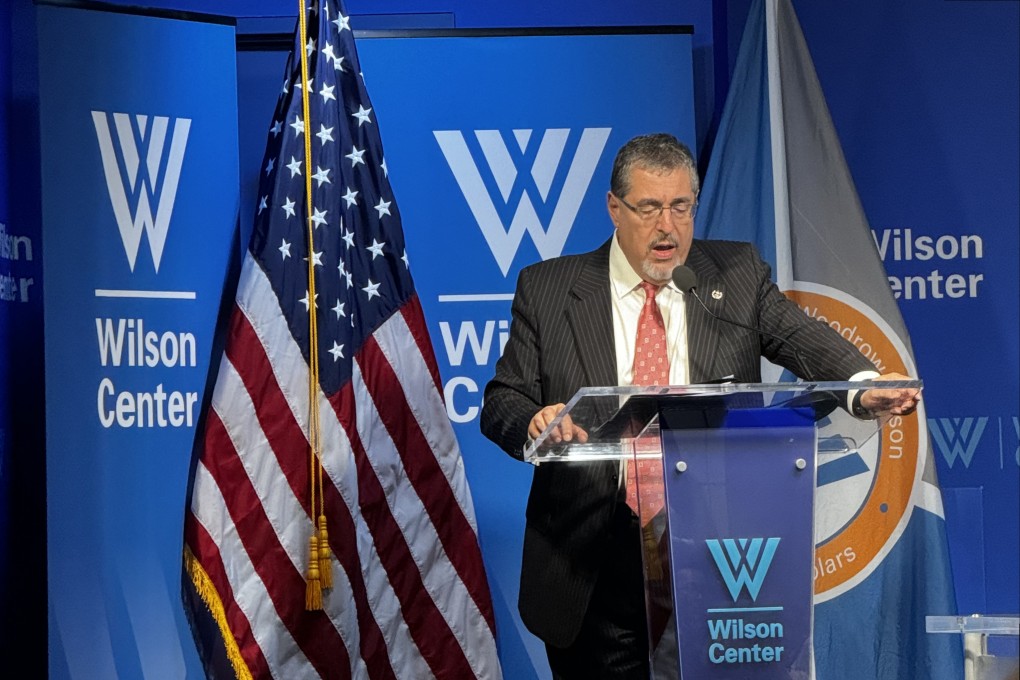Advertisement
Guatemala to keep Taipei ties while seeking better Beijing relations: next leader says
- The Central American country’s president-elect reaffirmed on a visit to Washington that relationship with Taiwan will continue
- Bernardo Arévalo said it is also in Guatemala’s interest to explore better trade relations with mainland China
Reading Time:3 minutes
Why you can trust SCMP
4

Igor Patrickin Washington
Guatemala’s president-elect Bernardo Arévalo on Tuesday reiterated his commitment to maintaining his country’s ties with Taiwan while seeking better trade relations with Beijing.
“It is in our interest to maintain and explore relations with China. We are going to continue the relationship with Taiwan and, at the same time, expand commercial ties with Taiwan,” he told the South China Morning Post in Washington.
Arevalo, who unexpectedly defeated former first lady Sandra Torres in August, made vague comments about his stance on Taiwan and China during his campaign, declining to specify whether he intended to sever diplomatic relations with Taipei.
Advertisement
Guatemala has the largest economy among the 13 countries that still have relations with Taiwan, which Beijing regards as part of its territory.
Most other countries do not recognise the island as an independent state, including the US, but are opposed to a unilateral change in the status quo.
Advertisement
On a local radio show in June, Arevalo emphasised the need for Guatemala to “work on our trade relations and expand them in the case of China,” adding that his country would dictate its own foreign policy.
Advertisement
Select Voice
Select Speed
1.00x